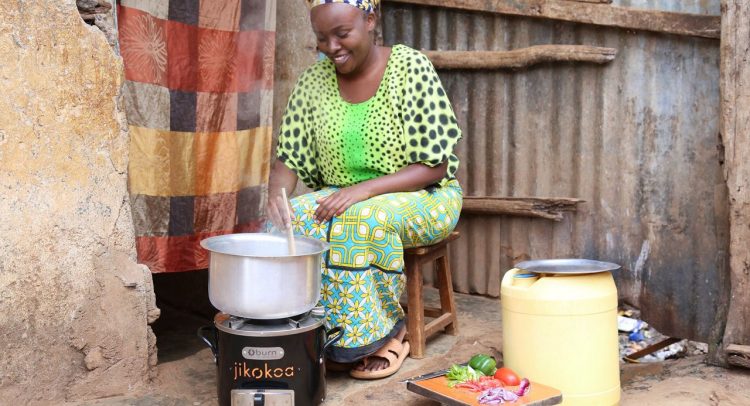Data from the Ghana Demographic and Health Survey (GDHS) indicates that while the overall percentage of the population using clean fuels for cooking has tripled over the past two decades—from 7.3% in 2003 to 22.5% in 2022—progress remains uneven across different wealth quintiles.
This was released by the Ghana Statistical Service (GSS) in commemoration of the International Day of Clean Energy.
Clean fuels and technologies for cooking include electricity, liquefied petroleum gas (LPG), natural gas, biogas, solar, alcohol, or ethanol. Households in the highest wealth quintile saw a significant increase in clean fuel usage, rising from 34.7% to 78.0% over the period.
In contrast, households in the fourth wealth quintile increased their usage from 1.8% to 27.9%.
Alarmingly, the percentage of households in the poorest wealth quintile using clean fuels marginally changed from 0.0% to just 0.5% over the 19-year span.
Similarly, households in the second wealth quintile increased from 0.0% to 1.3%, while those in the middle quintile saw an increase from 0.0% to 4.6%.
Disparities are also evident when comparing urban and rural areas. The usage of clean fuels in urban households doubled from 15.8% to 36.4% between 2003 and 2022, whereas rural areas experienced a modest increase of just 5.9 percentage points, rising from 1.2% to 7.1%.
With the regional variations the Greater Accra Region recorded the highest increase at 24.8 percentage points, while the Savannah Region saw a minimal rise of only 0.9 percentage points.
In total, six regions experienced increases of less than 5.0 percentage points, contributing to about one-third of the national increase of 15.2 percentage points.
These regions include North East (1.5 percentage points), Western North (2.4 percentage points), Oti (3.2 percentage points), Upper West (3.2 percentage points), and Bono East (4.5 percentage points).
*International Day of Clean Energy*
The International Day of Clean Energy is commemorated annually on January 26th to raise awareness of the benefits of clean energy, underscoring the need for continued efforts to improve access to clean cooking fuels across all socioeconomic groups in Ghana.
By Prince Fiifi Yorke


